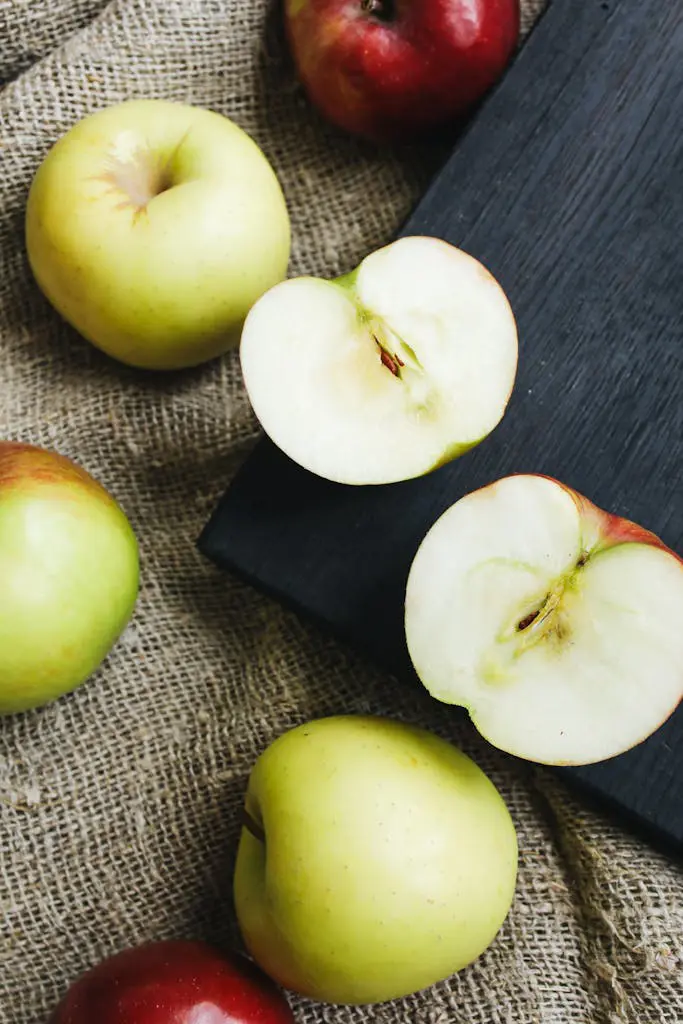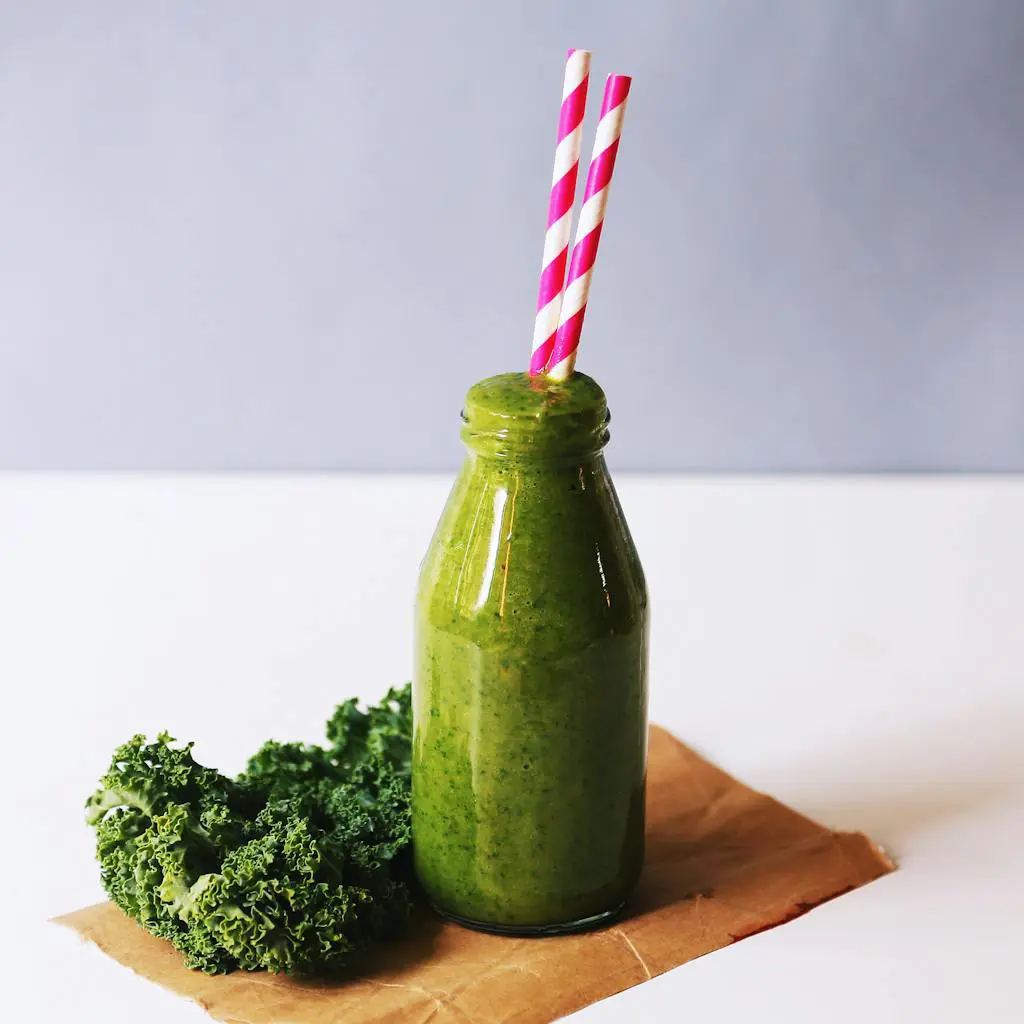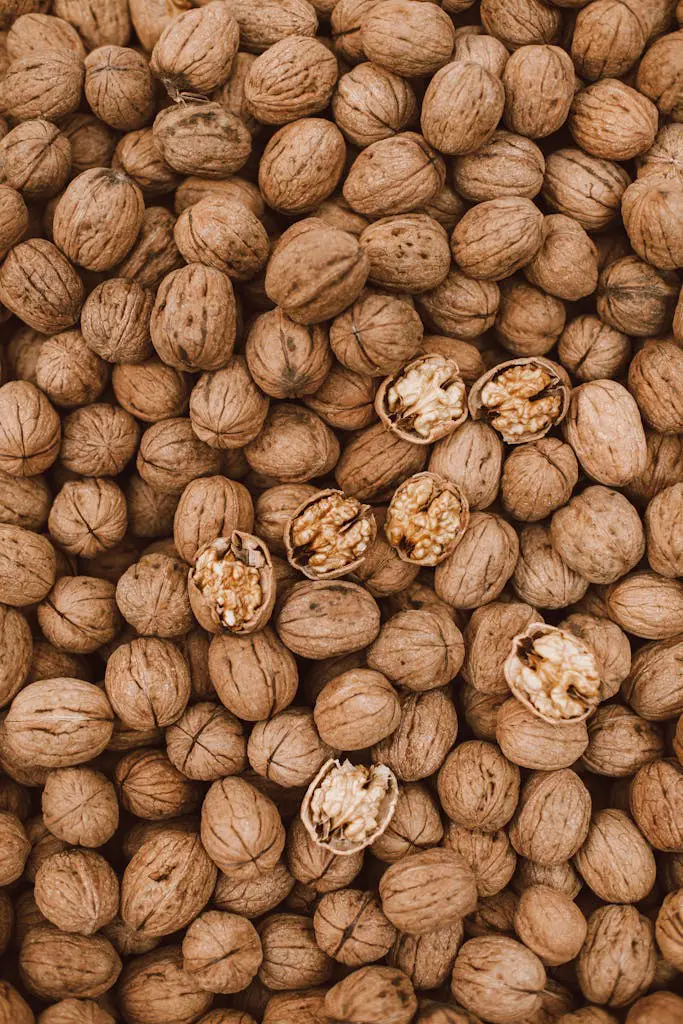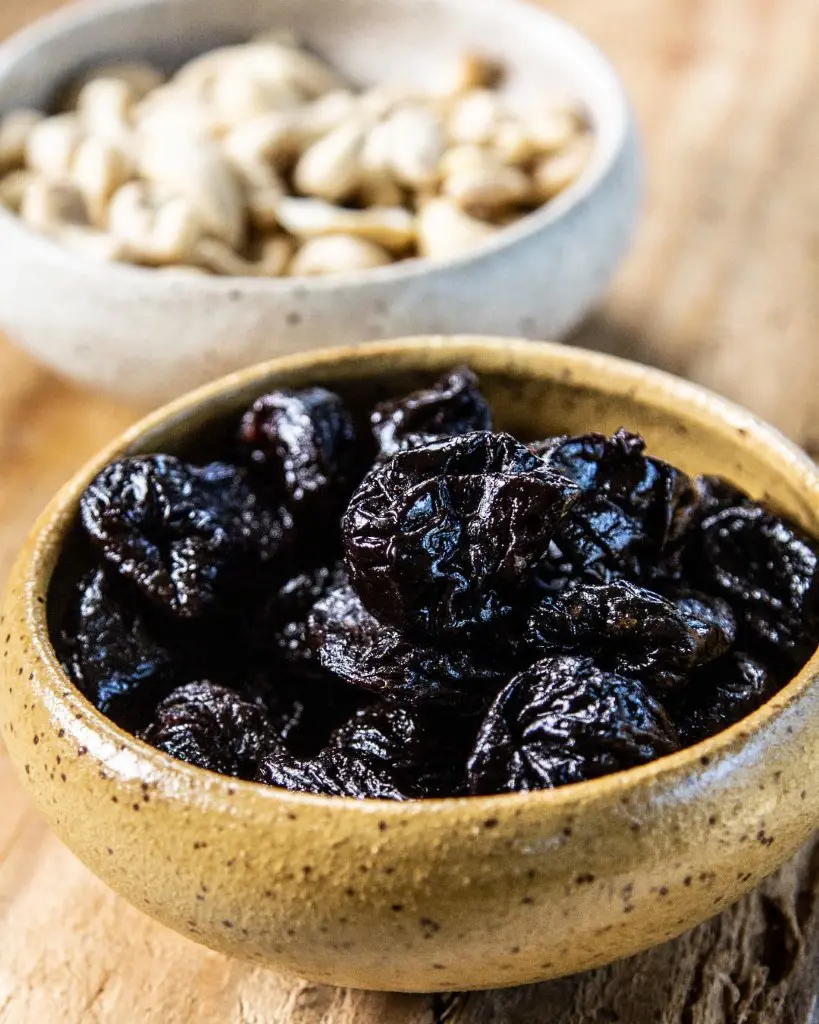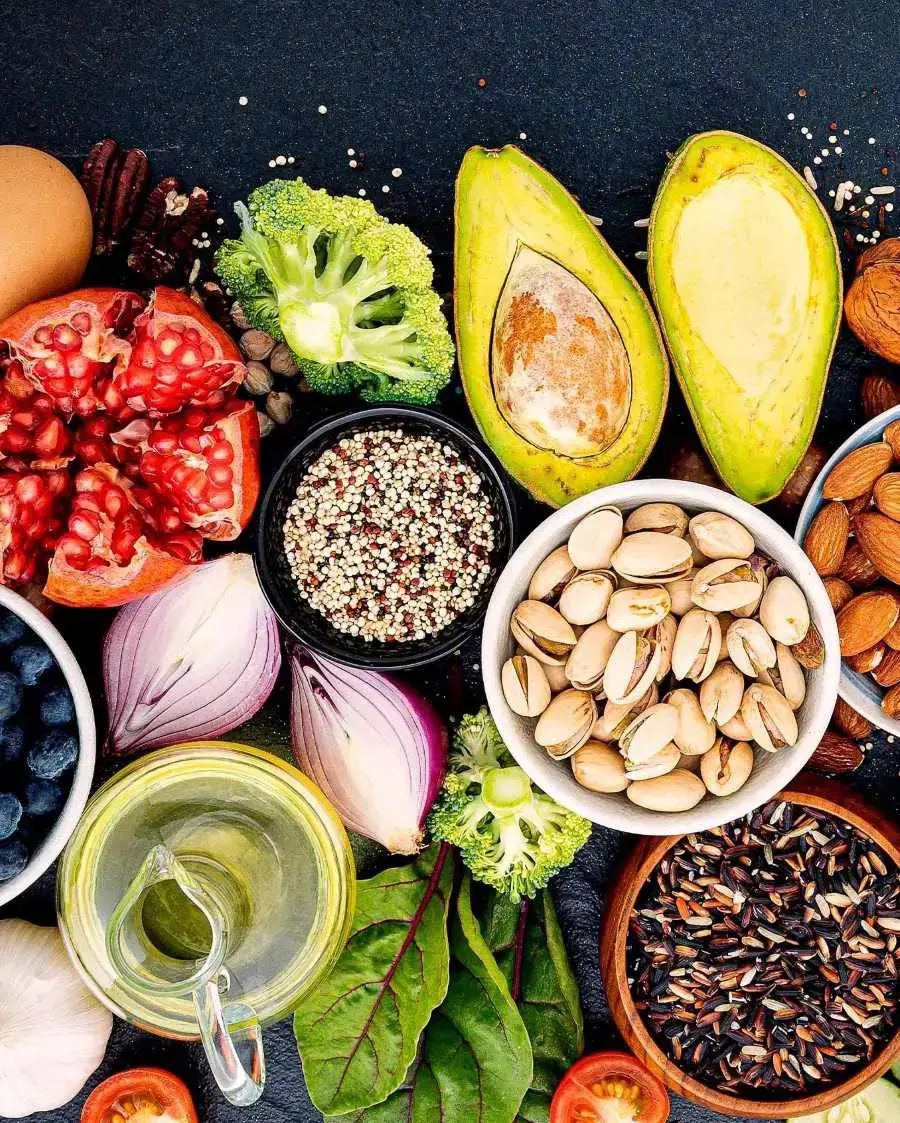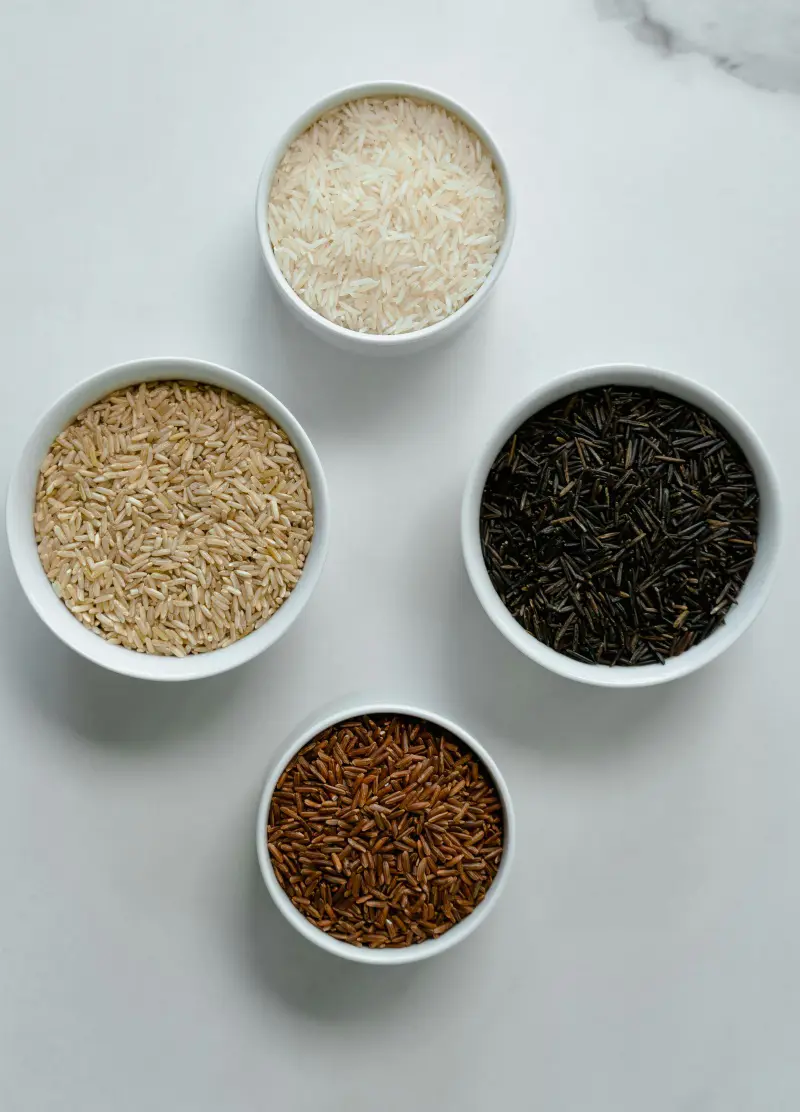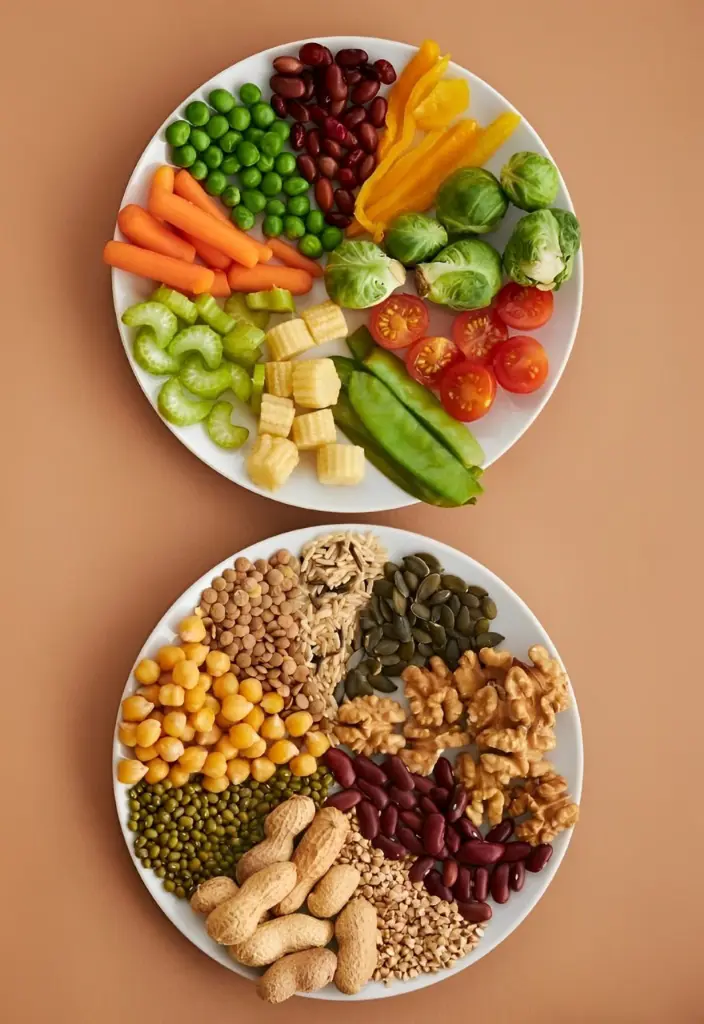1. Asparagus
Having many health benefits, Asparagus is known to be rich in glutathione, a powerful antioxidant that prevents cancer. They also contain vitamin A, C, E and the group B vitamins, potassium, zinc and rutin which is essential in the strengthening of blood vessels and has the additional advantage of offering protection against radiation.
It is rich in fiber and can help alleviate digestive issues as well as lower the likelihood of contracting heart diseases, hypertension, as well as diabetes. This vegetable is extremely simple to incorporate as a healthier option into your salads, frittatas, omelets, and stir-fry dishes.
Benefits:
- Aids weight loss
- Prevent UTIs
- Promotes reproductive health
- Rich in folic acids
- Ideal for gut health
- Loaded with full of Vitamin K
